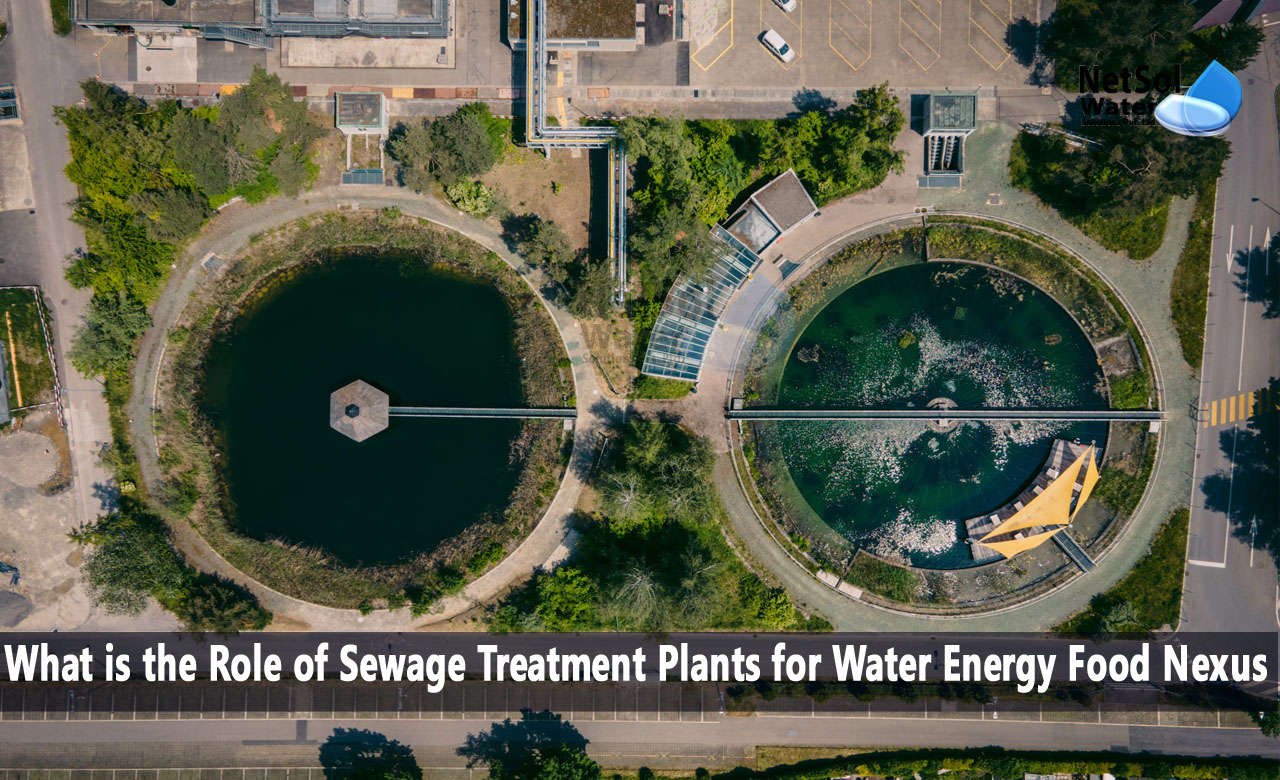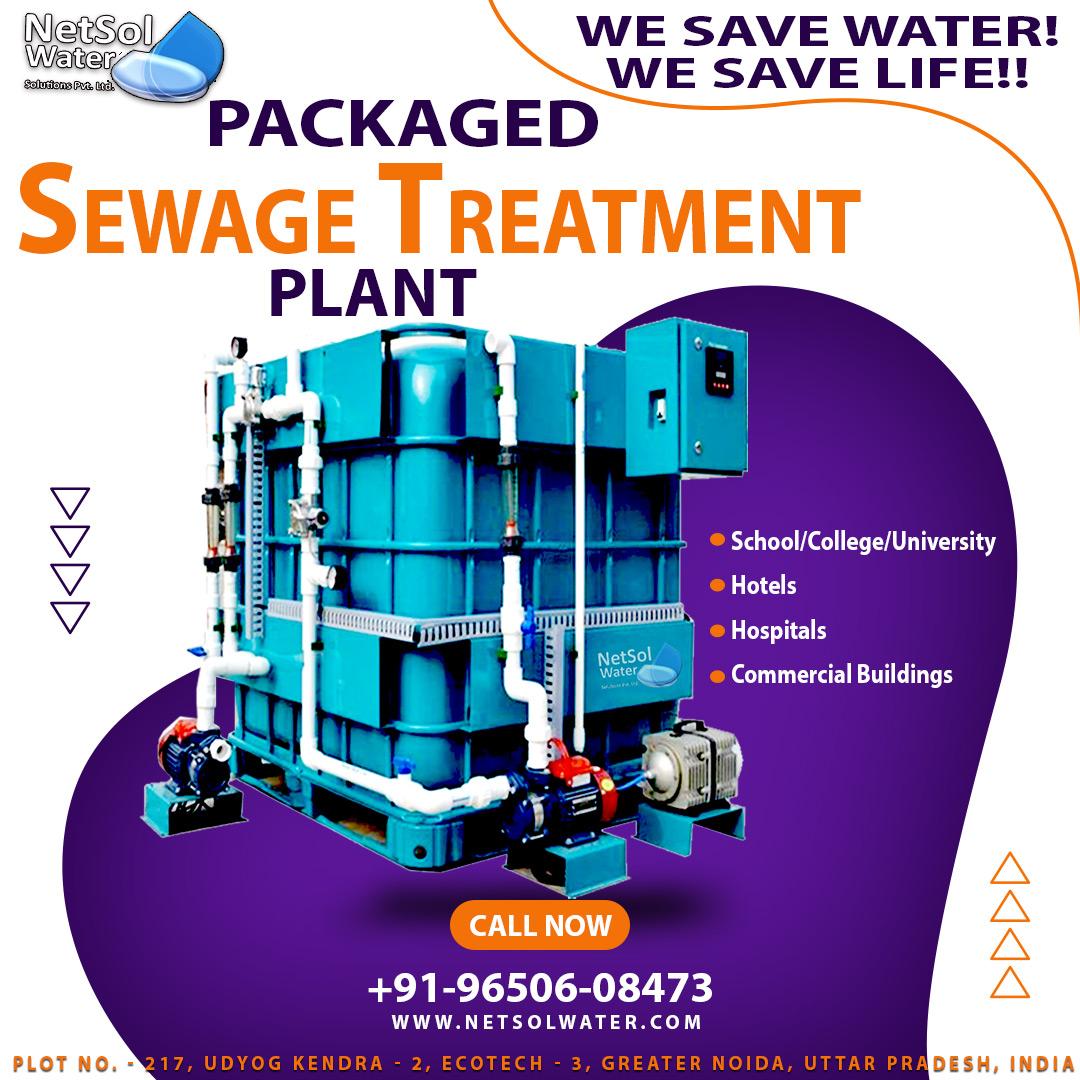The interconnected relationship between water, energy, and food is crucial for sustainable development. As we face global challenges such as population growth, water scarcity, and climate change, it becomes essential to explore innovative approaches that optimize resource management.
In this blog, we will delve into the concept of the water-energy-food nexus and how sewage treatment plants play a vital role in fostering synergies among these interconnected sectors, driving sustainable development.
Understanding the Water-Energy-Food Nexus:
The water-energy-food nexus refers to the interdependence and interconnections between water, energy, and food systems. Water is required for agricultural irrigation and food production, while energy is essential for water pumping, treatment processes, and food processing. Simultaneously, the production and distribution of energy and food have significant water requirements. Recognizing these linkages is crucial to identify opportunities for resource optimization, efficiency, and sustainability.
What is the Role of STP Plants for Water Energy Food Nexus?
Sewage treatment plants have a unique position in the water-energy-food nexus due to their role in managing wastewater, which contains valuable resources. By adopting innovative practices, sewage treatment plants can contribute to sustainable development across all three sectors:
- Water Management and Reuse: Sewage treatment plants play a pivotal role in water management by treating wastewater to meet stringent quality standards. Treated water can be reused for various purposes such as irrigation, industrial processes, and replenishing water bodies. Implementing advanced treatment technologies and promoting water reuse initiatives help conserve freshwater resources and alleviate water scarcity challenges.
- Energy Generation and Efficiency: Sewage treatment plants have the potential to be energy-neutral or even energy-positive through the recovery of biogas generated during the treatment process. Biogas, produced from anaerobic digestion of organic matter in sewage sludge, can be utilized for heat and power generation. Combined Heat and Power (CHP) systems, which produce both electricity and thermal energy, can further enhance energy efficiency and reduce reliance on external energy sources.
- Nutrient Recovery and Circular Economy: Sewage treatment plants are a significant source of nutrients, such as nitrogen and phosphorus, present in wastewater and sludge. These nutrients can be captured and converted into valuable products like fertilizers, biogas, or biofuels. Implementing nutrient recovery technologies promotes circular economy principles, reduces dependence on chemical fertilizers, and minimizes environmental pollution.
- Sustainable Agriculture and Food Production: The reuse of treated wastewater and nutrient-rich biosolids from sewage treatment plants can support sustainable agriculture and enhance food production. When appropriately treated and managed, these resources provide essential nutrients for crops and contribute to soil fertility. Collaboration between sewage treatment plants and local farmers can establish safe and sustainable practices for utilizing treated wastewater and biosolids in agricultural production.
- Integrated Planning and Policy: Integrating water, energy, and food sectors through coordinated planning and policy frameworks is crucial for leveraging synergies within the nexus. Governments, regulatory bodies, and stakeholders need to collaborate in developing integrated approaches that encourage resource efficiency, support innovative technologies, and promote sustainable practices in sewage treatment plant management.
Conclusion:
The water-energy-food nexus presents a unique opportunity for sewage treatment plants to foster synergies and drive sustainable development. By adopting advanced treatment processes, promoting water reuse, optimizing energy generation and efficiency, recovering valuable nutrients, and supporting sustainable agriculture, sewage treatment plants can become key players in addressing global challenges. The integration of water, energy, and food sectors through coordinated planning and policy frameworks is essential to realize the full potential of these synergies and pave the way for a more sustainable and resilient future. Through innovative approaches and collaborative efforts, we can transform sewage treatment plants into hubs of resource optimization, contributing to a more sustainable water-energy-food nexus and a better tomorrow.
For any other support, inquiries, or product purchases, call on +91-9650608473 or email at enquiry@netsolwater.com




